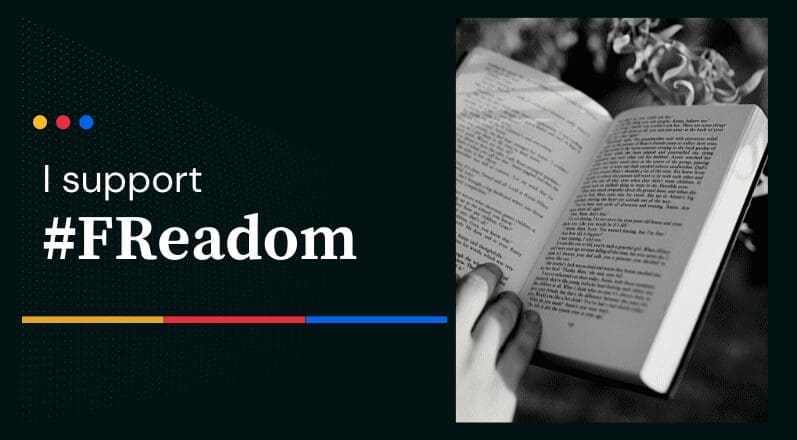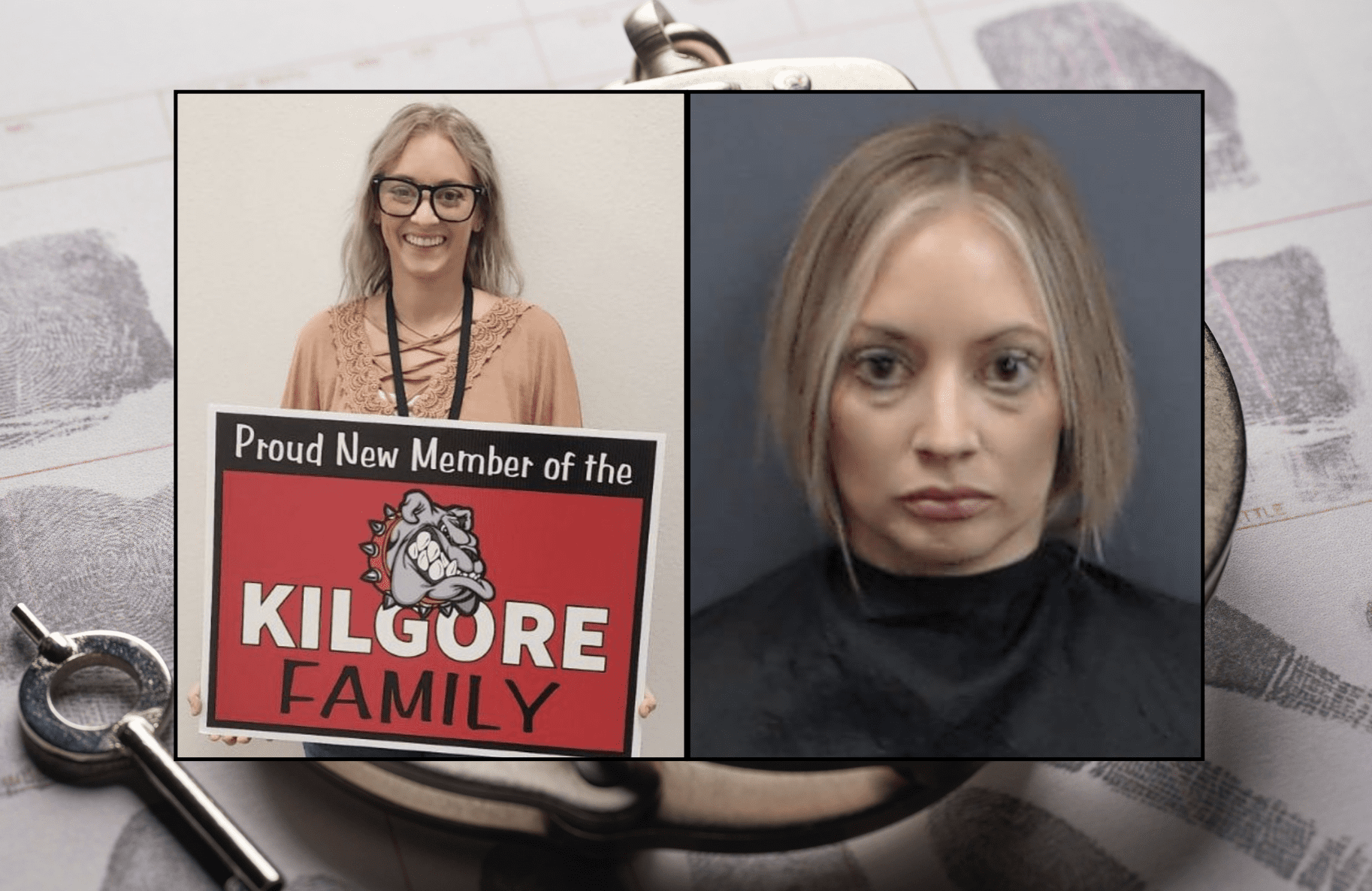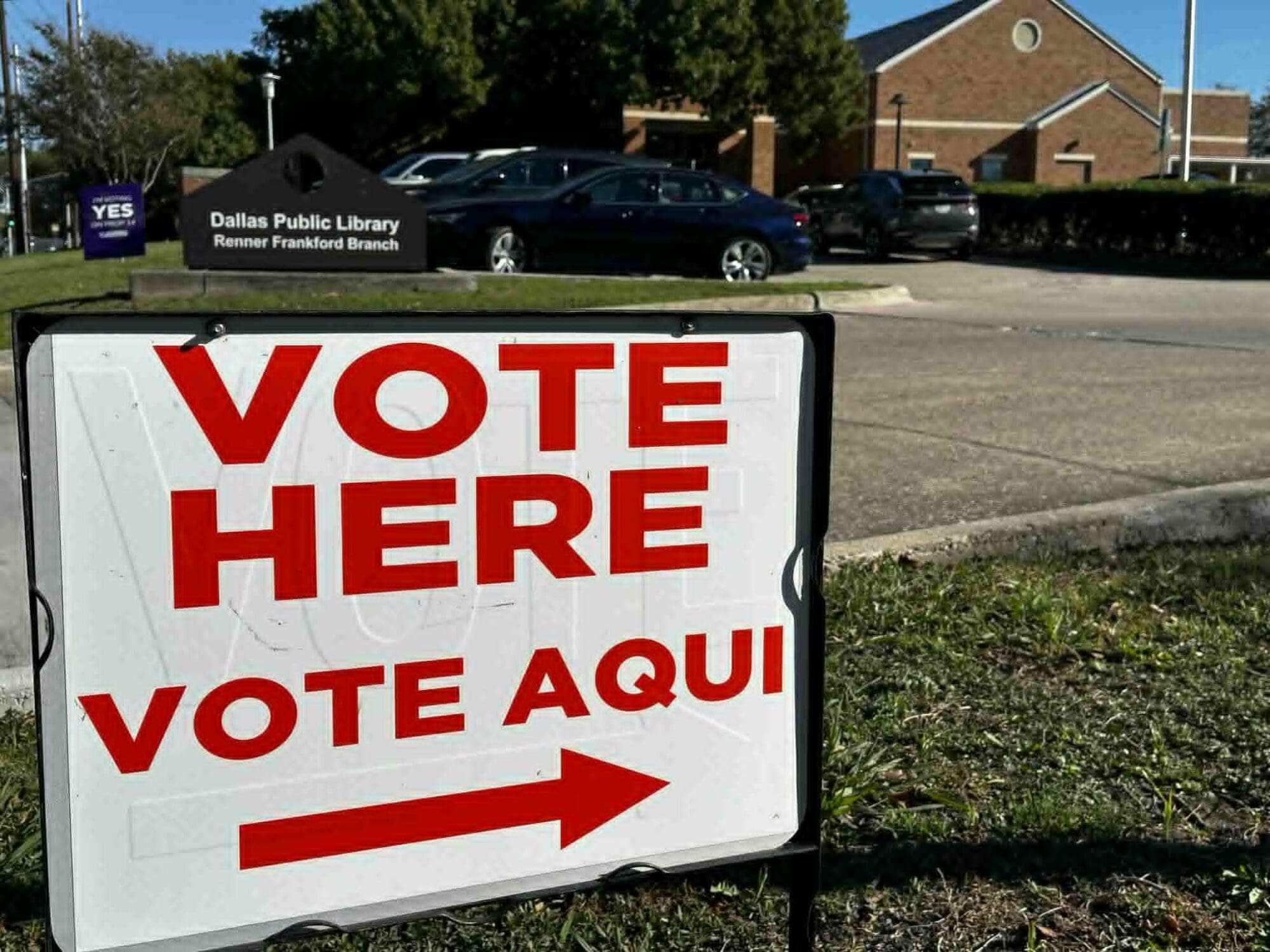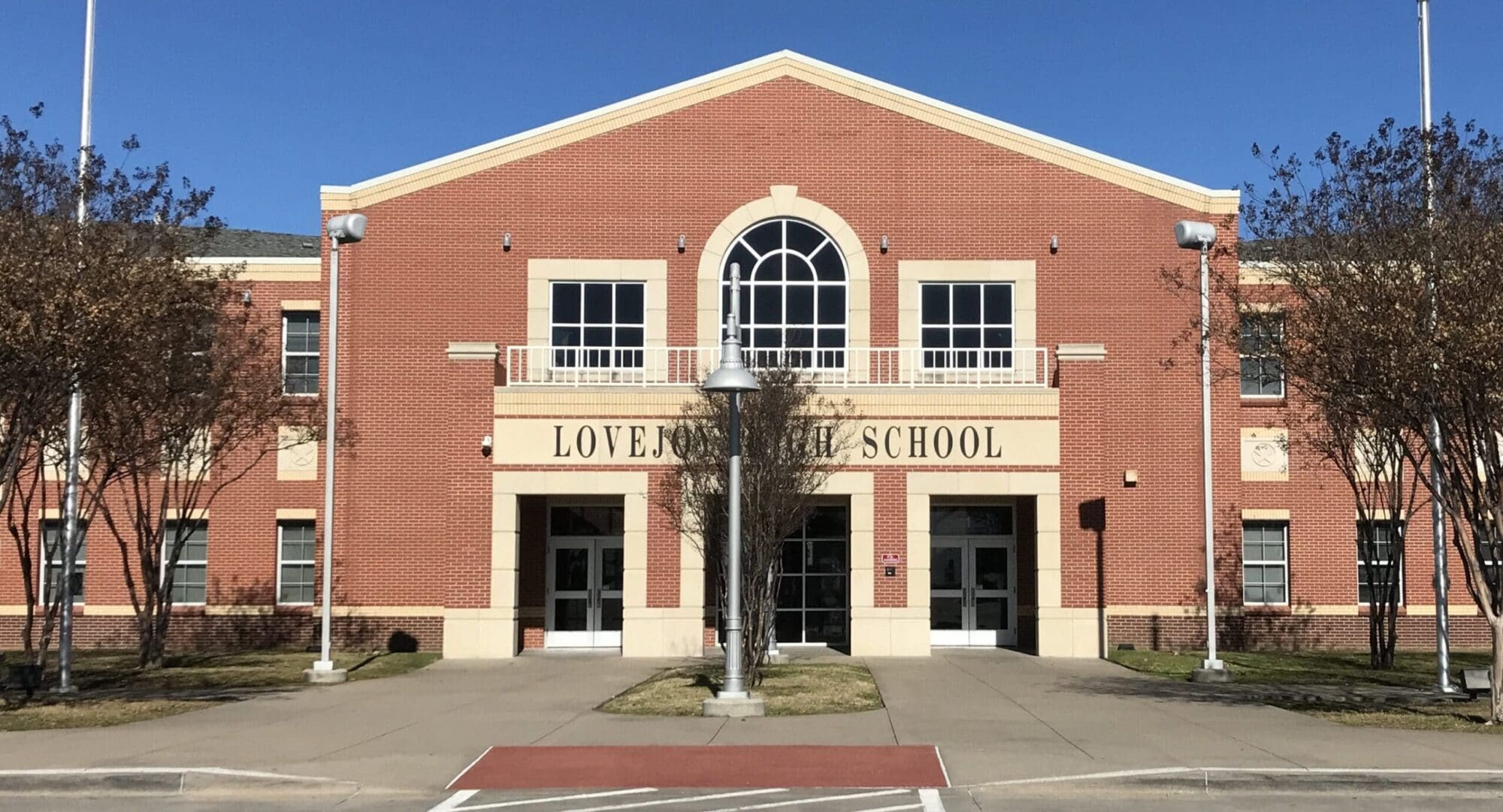A group of activist Texas school librarians intent on keeping age-inappropriate books in student libraries is receiving a national award for defending children’s access to any reading material they want.
On Tuesday, the Chicago-based American Association of School Librarians (AASL) announced its 2022 Intellectual Freedom Award would go to FReadom Fighters.
FReadom Fighters was started last year by longtime library advocates Becky Calzada (Leander ISD), Nancy Jo Lambert (Frisco ISD), and Carolyn Foote (now retired from Eanes ISD), along with other librarians from school districts around the state.
Their goal was to support the inclusion of “diverse” books in students’ libraries and to oppose parents’ efforts to exclude graphic sex and other unsuitable content from school settings.
According to the group’s website, “Every reader has the right to CHOOSE what they read or what they don’t want to read.”
That “freedom to read” statement aligns with the ideology of the American Library Association, the parent organization of the AASL.
The organizations reject any age boundaries on access to reading materials.
According to the ALA’s advocacy webpage, “The American Library Association supports equal and equitable access to all library resources and services by users of all ages.”
For the past year, parents have been calling on their local school district officials to review and remove library books containing graphic images and descriptions of minors engaged in sex.
Parents say they aren’t asking for book bans; they want book boundaries that ensure the books in their children’s libraries are age-appropriate.
State officials chimed in, calling out both obscene content and books that could violate a newly enacted ban on teaching critical race theory.
FReadom Fighters calls these requests for schools to remove age-inappropriate books a “war on access to information, a constitutionally protected First Amendment right.”
“Censorship from parents, community members, or politicians on information FOR ALL is still censorship,” the activist librarians’ website says.
Last November, FReadom Fighters organized a “Twitter takeover” to highlight various books and “the role of school librarians in material selection so that the public and legislature would be more informed in the face of mounting book challenges.”
That became “a viral sensation,” according to a write-up by the Texas Library Association.
Since then, the group continues to use social media campaigns to “defend the right to access to information for school library users.”
In addition, their website provides activism resources and tips for librarians fighting parents’ book challenges.
In February, FReadom Fighters also co-signed a letter from the ACLU threatening to sue Granbury ISD officials for removing sexually explicit books from their school libraries.
The activist librarians aren’t the only Texas group looking to promote their own school library agenda.
The Texas Library Association, which is holding its annual conference in Fort Worth next week, started a group called Texans for the Right to Read. Despite the name, its primary goal is to protect librarians’ jobs:
Obtaining an education without influence from those who “know better” is vital to all children across Texas and the country… Librarians have extensive education and training which they rely on to meticulously develop a diverse set of learning materials for a diverse group of children. The government should not be making sweeping decisions that take that process of careful consideration away from the experts.
Yet Texas school districts have acknowledged their librarians don’t always read books before making them available to students. Instead, they rely on reviews from third-party publications—a process district officials have blamed for several sexually explicit books “slipping through the cracks” and onto library shelves.
This week, the Texas Education Agency issued a new model policy for selecting and reviewing school library books.
A TLA statement on the new TEA policy said “school libraries do not collect obscene content,” despite multiple titles being removed from school libraries across the state in recent months for containing material many consider pornographic.
They also objected to the “tremendous administrative burden” of requiring school librarians to read and review books before students can access them.
Frisco ISD officials also said their library staff doen’t have the resources to read every book. Yet the FReadom Fighters librarian from Frisco has advocated for resource-intensive diversity audits while helping train other librarians to transform their libraries to be more “inclusive” and “woke.”
Most school librarians do the best they can with the resources their districts provide, and don’t bring political activism into their jobs (though a recent article on kids’ books by longtime government watchdog John Stossel says 90 percent of librarians’ political donations go to Democrats).
But most librarians also rely on guidance from the American Library Association, which rejects all age boundaries on what kids read and rewards library advocates who promote that ideology.
As long as activist librarians and library associations continue to push age-inappropriate books into school libraries under the guise of “freedom to read,” Texas parents will continue to push back.





